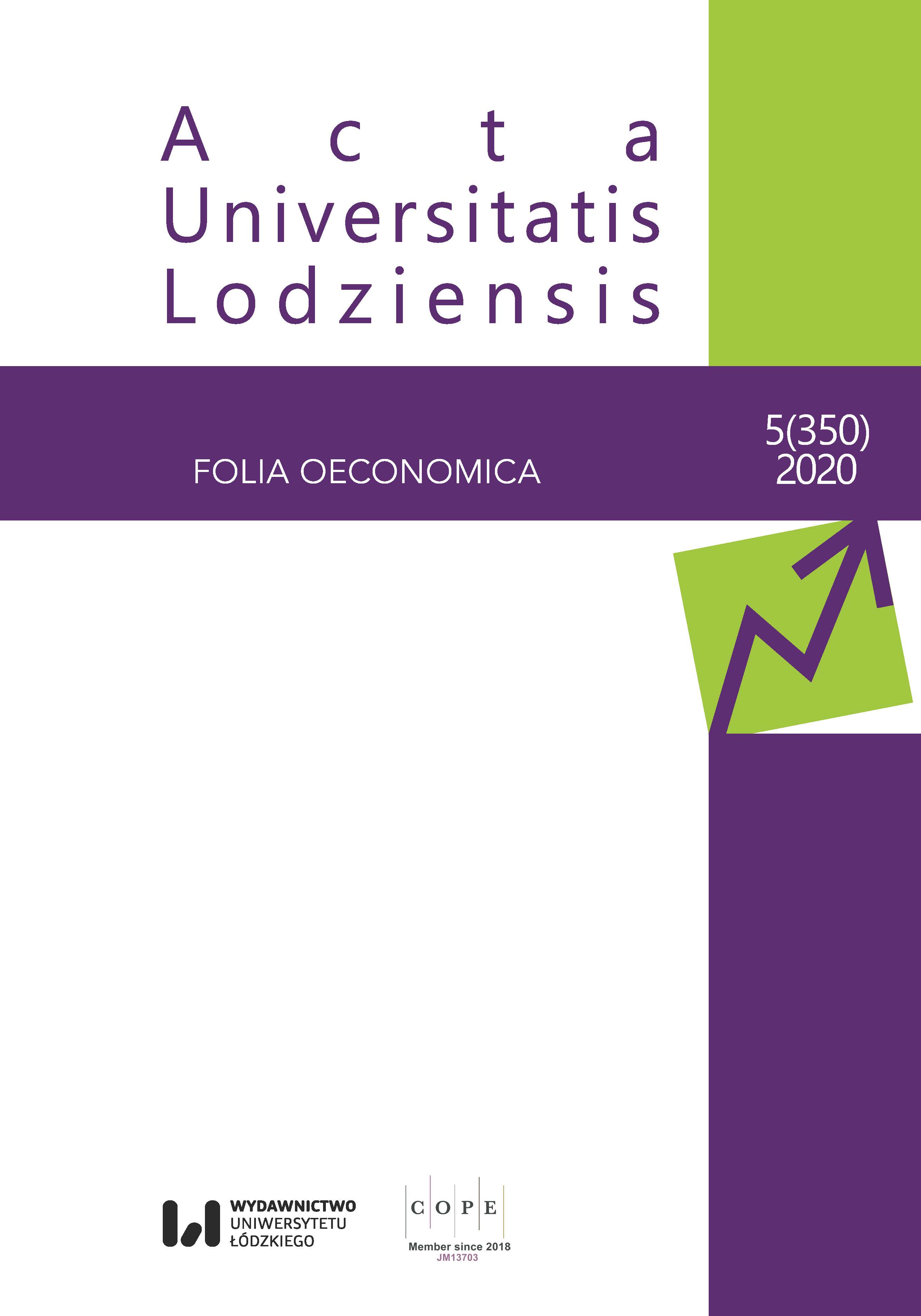Calendar Effects in the Stock Markets of Central European Countries
Calendar Effects in the Stock Markets of Central European Countries
Author(s): Marek Szymański, Grzegorz WojtalikSubject(s): Economy, Financial Markets
Published by: Wydawnictwo Uniwersytetu Łódzkiego
Keywords: capital market; seasonal anomalies; calendar effects; market efficiency; January effect
Summary/Abstract: The efficient market hypothesis suggests that there are no opportunities to gain above normal profits using available information, because it is all reflected in the prices. However, calendar anomalies are found to contradict the efficient market hypothesis and enable investors to predict prices during specific days. Based on a review of papers on market efficiency and market anomalies, this paper examines and compares calendar effects known as ‘the month-of-the year effect’ and ‘the day-of-the-week effect’ between the stock markets of three Central European countries: Poland, Hungary and the Czech Republic. The study has revealed the presence of calendar anomalies in the indexes representing small-cap stocks listed on the Polish stock market and, to some extent, in the indexes used in the Hungarian and Czech stock markets.
Journal: Acta Universitatis Lodziensis. Folia Oeconomica
- Issue Year: 5/2020
- Issue No: 350
- Page Range: 27-51
- Page Count: 25
- Language: English

